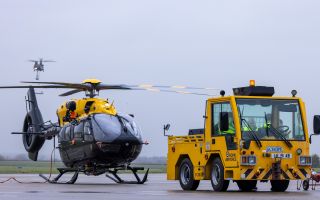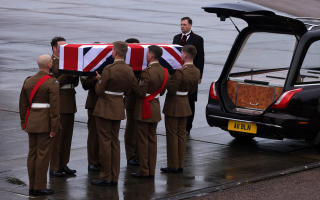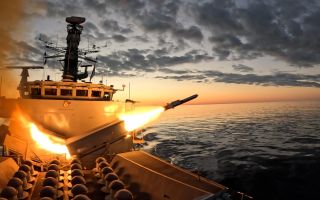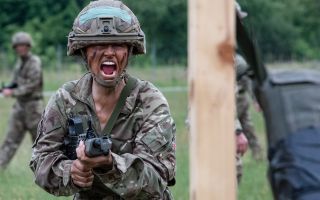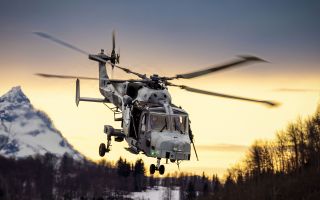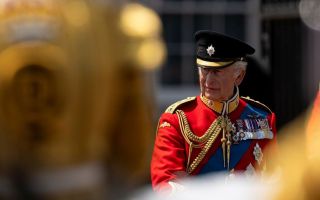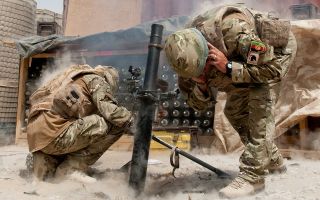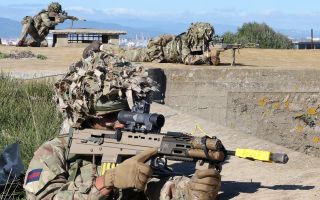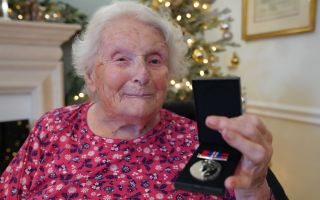Phase two recruit Josh McKay crowned one of the strongest soldiers in the Army
Seventeen of the strongest men and women across the Armed Forces have tested their power and determination at the first-ever Forces Strongman and Strongwoman competition – a landmark event that could soon become an officially recognised military sport.
Competitors from across defence battled through a series of punishing challenges designed to test every aspect of physical strength.
From hauling heavy sleds and lifting giant Atlas stones to deadlifting eye-wateringly heavy weights, it was a true showcase of raw muscle, endurance, and resilience.
Unlike other activities, Strongman is not yet an officially recognised military sport.
That means no formal funding, structured training pathways, or dedicated resources for its athletes – yet enthusiasm for the sport is growing rapidly, with hopes of gaining full recognition by the end of 2025.
Amid a field of experienced servicemen and women, one of the biggest surprises came from a phase two Army recruit, who was crowned the winner of the men's under 80kg competition.
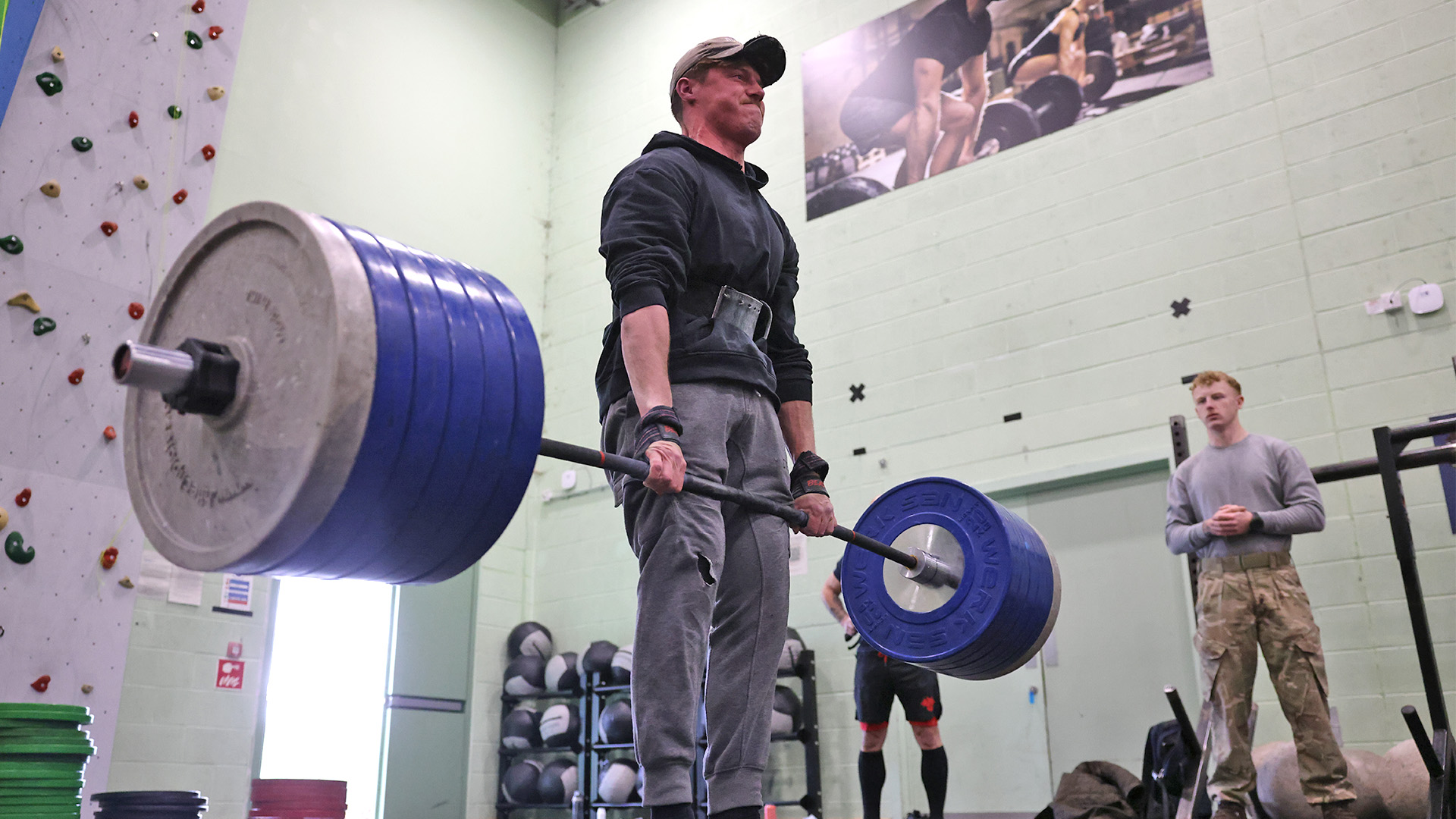
Craftsman Josh McKay, who is currently training to become an Avionics Technician in the Royal Electrical Mechanical Engineers, captured the spirit of the day – showing that strength is measured not just in years of service, but in attitude and determination.
This was just his second Strongman contest.
"I'm pretty new to it," he said. "It was a bit of pressure… it's a bit different to being in the gym, but the atmosphere of everyone watching you is really positive.
"It's all good sport."
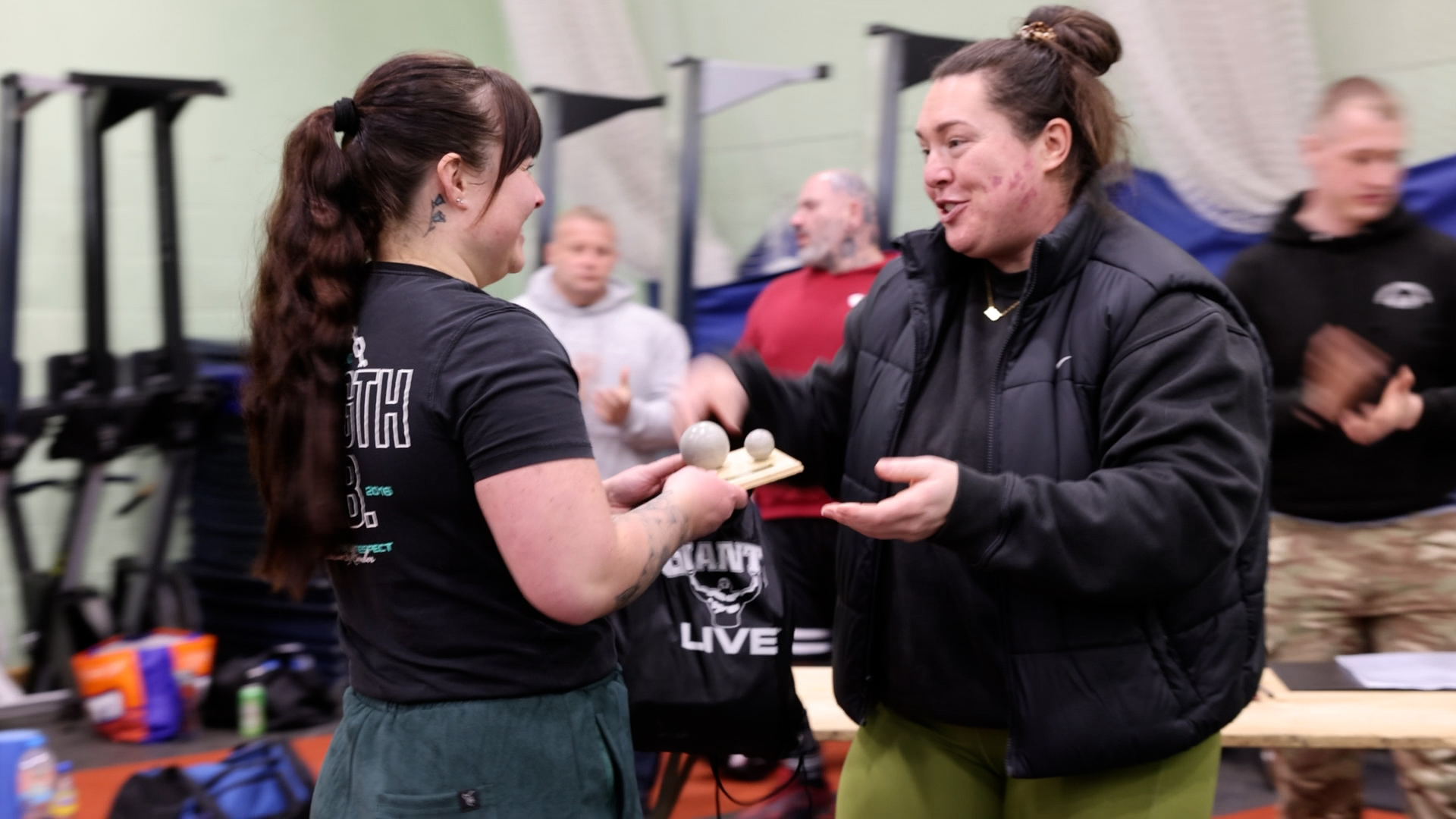
Throughout the day, the atmosphere was electric as participants urged each other on, building an unmistakable sense of camaraderie and pride.
And it was not just about who could lift the most – it was about pushing personal limits and celebrating the collective effort.
Adding further star power to the event, England's Strongest Woman, Katie Smith, was on hand to lend her support.
Her involvement underlined the close ties between the Armed Forces and the wider strongman community – and showed the growing recognition of strength sports as a valuable way to build resilience, teamwork, and mental toughness.
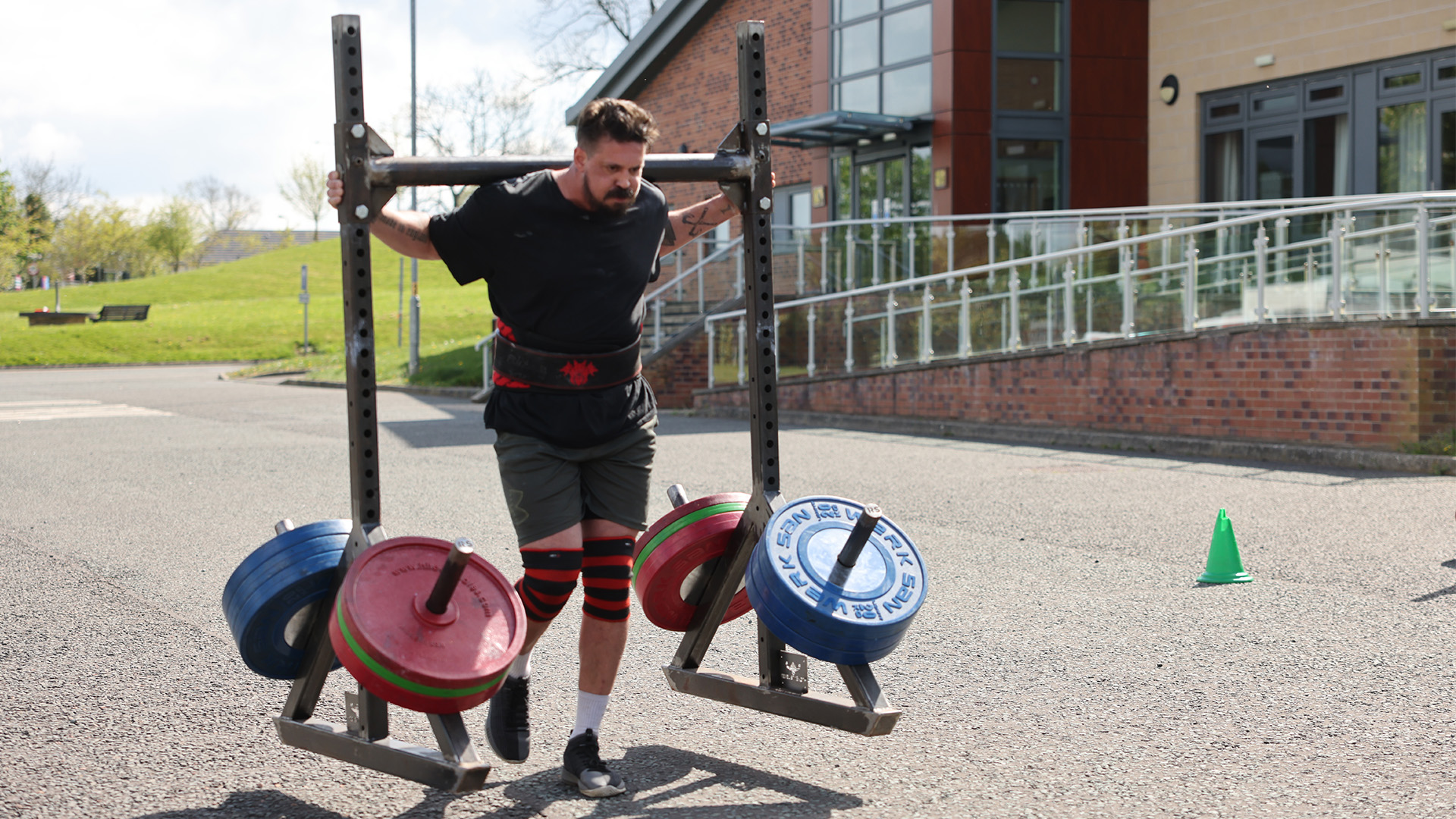
Organisers now hope that this inaugural event will mark the beginning of a new chapter.
Official military sports recognition would allow athletes to access better facilities, receive more coaching support, and represent their service at a higher level – just as rugby players, boxers, and darts players already do.
But for many taking part, victory was only part of the story.
The real prize lay in the connections forged, the pride in personal achievement, and the chance to be part of something new and ground-breaking within defence.
As the dust settles, it's clear that this is just the start for Strongman and Strongwoman in the military.
With the determination shown on the competition floor – and champions being made even before they leave training – the future looks very strong indeed.

